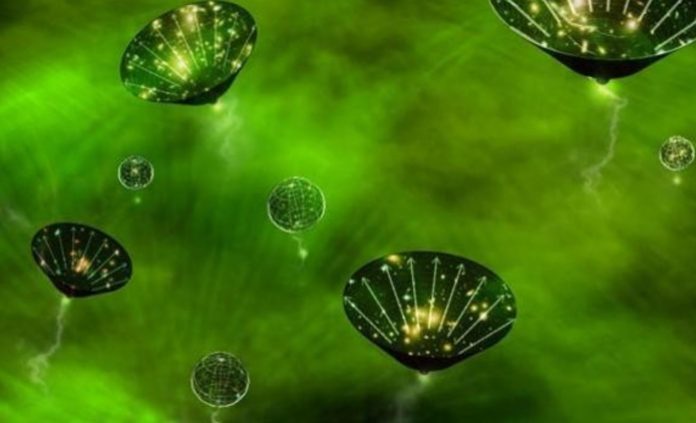Avi Loeb has done it again. The same scientist who argues that Oumuamua, the first interstellar object observed by astronomers while traversing our Solar System in 2017, is an alien spacecraft, now launches through its column in Scientific American another fascinating idea: Was our Universe created in a laboratory?
If anyone else had said it, the question would not be worth more than a brief comment, since there is no way to verify such a thing. But Loeb is not just any scientist. Until 2020 he headed the Department of Astronomy at Harvard University, is director of the Institute for Theory and Computation at the Harvard-Smithsonian Center for Astrophysics and is a member, among other things, of the Council of Advisors on Science and Technology of the President of the United States.
In his new article, Loeb starts from what is considered “The biggest mystery concerning the history of our universe is what happened before the big bang. Where did our universe come from?”. And after briefly reviewing the various theories in this regard, including that everything arose from a fluctuation of the void, or that it continually contracts and expands giving rise to a new Universe each time, Loeb turns to “a less explored possibility”: that our Universe was “created in the laboratory of an advanced technological civilization.” According to the researcher, it would be possible that this civilization had developed a technology capable of creating a ‘baby Universe’ from nothing and “through a quantum tunnel.”
In the world of Quantum Mechanics, some subatomic particles use quantum tunnels to reach places that in theory they could not, since they lack sufficient energy. Loeb thinks that would be the way baby universes could be created.
Since we humans do not currently have a theory capable of combining Quantum Mechanics and Relativity, the two pillars of modern Physics, Loeb imagines that “a civilization more advanced than ours could have accomplished that feat.” The idea, points out the scientist, can, incidentally, reconcile the religious notion of a Creator with the scientific notion of quantum gravity, something that today our scientists have not yet achieved.
If the idea were correct, Loeb writes, and in the Universe, there are advanced civilizations capable of generating baby universes, then we would be part of a biological Universe much larger, a system that would be capable of maintaining “the longevity of its genetic material” through multiple generations of new universes.
Therefore, and if our Universe is nothing more than a ‘baby universe’ within another larger Universe, inhabited by the civilization that created it, our universe in which we live would not have been created for us, but for civilizations much more advanced than ours, with the necessary technology to create new ‘baby universes’. This is what Loeb calls the “cosmic Darwinian selection process“.
“One way to put it,” he writes in his article, “is that our civilization is still cosmologically sterile since we cannot reproduce the world that made us”.
The level of civilizations
For Loeb, therefore, the technological level of civilizations should not be measured by their ability to take advantage of resources, as indicated by the well-known scale proposed in 1964 by Nikolai Kardashev, according to which there are Type I, II and III civilizations capable of respectively to take full advantage of the energy available on a planet, a star and a galaxy. Instead, the level reached by a civilization “should be measured by its ability to reproduce the astrophysical conditions that led to its existence.”
In the new classification proposed by Loeb, therefore, a civilization class A could reproduce the cosmic conditions that made its existence possible. Or what is the same, you should be able to create baby universes in your laboratories. A civilization class B would not be capable of that much, but it would be capable of “adjusting the conditions of its immediate environment to be independent of its host star.”
Means recreating the habitable conditions of your planet regardless of its sun.
In this context, it is clear that ours would be a very low-level, or technological civilization class C, “since we are unable to recreate even the habitable conditions on our planet for when the sun will die.” And not only that, but we could even be further down the scale, and be a class D civilization, “since we are carelessly destroying the natural habitat on Earth through climate change, driven by our technologies”.
Of course, reaching the technological level necessary to become a class A civilization is something extremely difficult and within the reach of very few. But a Universe like the one Loeb describes would only need to have a class A civilization to keep replicating itself.
Loeb ends his article with a call to humility. We are a very mediocre civilization, and ‘out there’ must be much more advanced. All we have to do is find them.
Image Credit: Kavli / IPMU
You were reading: Could our Universe be created in a laboratory?
